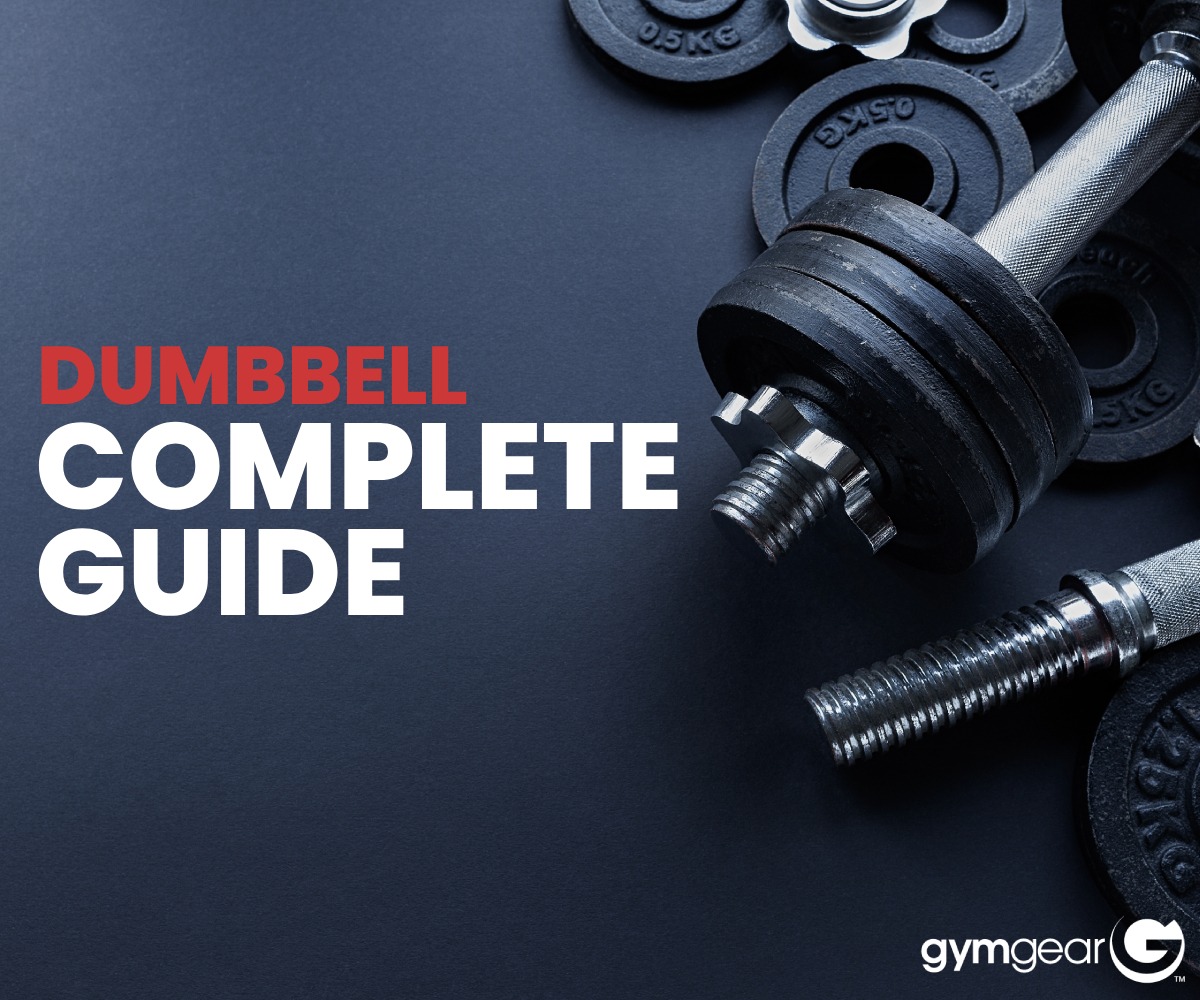
Dumbbells are a form of free weights widely used in fitness and strength training. They consist of a small, usually metal bar, with weights attached to each end.
The weights can be of equal or differing mass, depending on the exercise or training level. Their compact size and versatility make them an essential asset to any home or gym workout routine.
To use dumbbells effectively, it’s crucial to master the correct form. Begin by standing or sitting upright, holding a dumbbell in each hand with your palms facing towards your body. Depending on your routine or specific exercise, you’ll either push, pull, or swing the dumbbells while keeping your core engaged and back straight. Remember that the power should come from your muscles, not momentum.
Dumbbells are used for various types of exercises and fitness routines. They’re ideal for building muscle mass, enhancing muscle tone, improving cardiovascular fitness, boosting balance, and assisting in weight loss. The range of exercises you can perform with dumbbells is vast and includes curls, presses, rows, flies, and squats, to name a few.
Dumbbells come in different shapes. Some are round, others hexagonal. Round dumbbells allow for smooth rolling, while hex dumbbells provide stability, preventing them from rolling away when set down.
Fixed dumbbells have a set weight that cannot be changed, while adjustable dumbbells allow you to change the weight according to your needs, making them more versatile and space-efficient.
The cost of dumbbells varies greatly, depending on their type, material, weight, and brand. Adjustable dumbbells may have a higher upfront cost but provide a range of weights in one convenient package.
Dumbbells can seem expensive due to the materials used, the manufacturing process, and the cost of shipping heavy products. They’re also long-lasting, often providing a lifetime of fitness benefits, justifying their price.
The correct dumbbell weight for you depends on your fitness level and the type of workout you’re doing. If you’re a beginner, start light and gradually increase the weight as your strength improves. For strength training, choose a weight that allows you to complete your set with proper form but challenges your muscles by the last couple of reps. Always remember, it’s not about lifting the heaviest weight, but about performing exercises correctly and safely.
Urethane dumbbells are highly durable and resistant to wear and tear. They offer a smooth finish and can withstand high-intensity workouts without damaging the flooring.
Hex dumbbells are typically made of cast iron and encased in rubber or urethane. They have a hexagonal shape that prevents rolling and ensures stability.
Rubber dumbbells are designed to minimize noise, prevent floor damage, and be comfortable to hold. They are perfect for home use.
Cast iron dumbbells are tough, sturdy, and highly durable. They offer a classic gym feel and can last for decades with proper care.
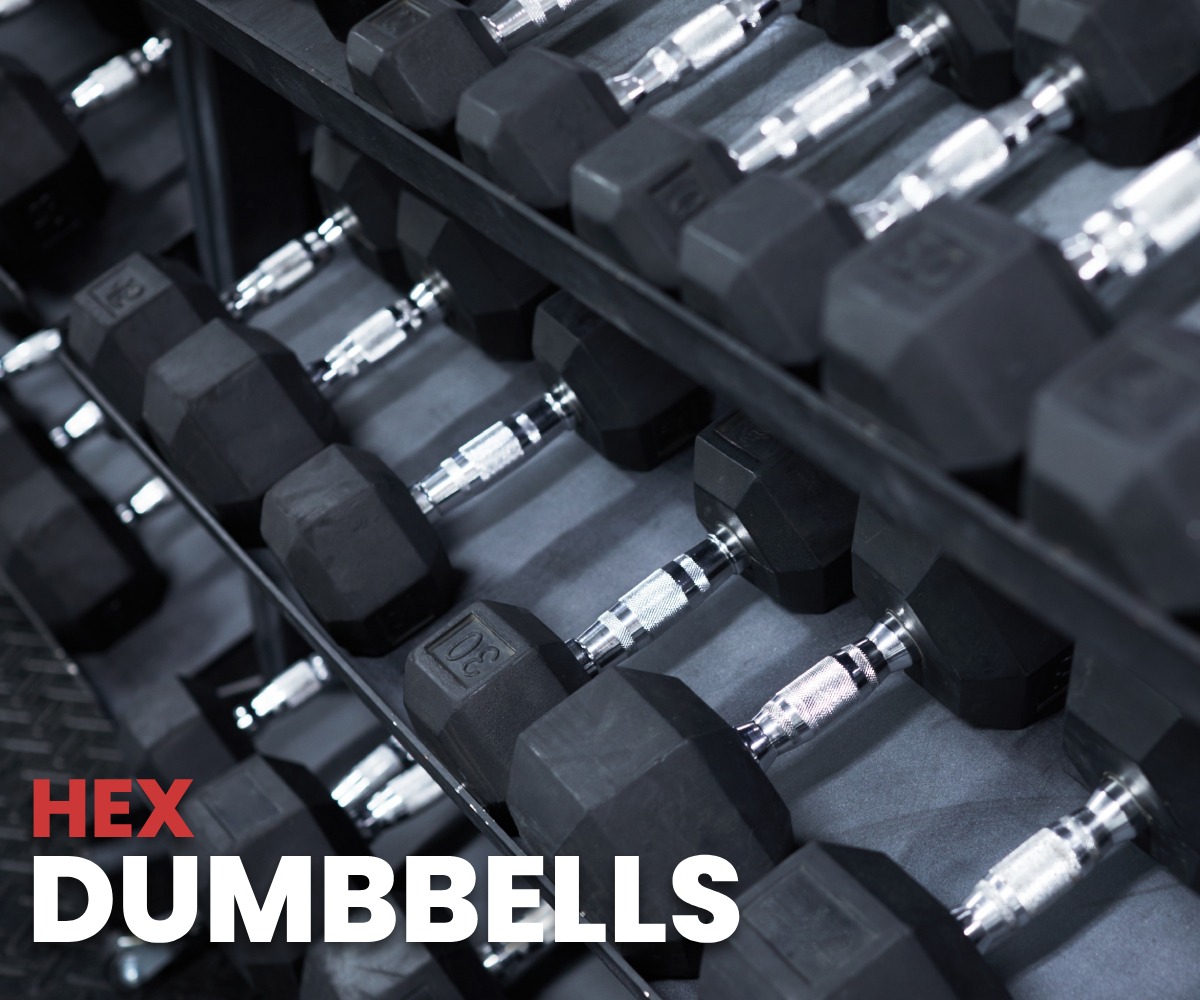
Hex Dumbbells, known for their unique hexagonal shape, are versatile and user-friendly, perfect for a variety of strength-training exercises. They are generally coated with a rubber or urethane layer for added durability and protection. The distinct shape keeps them stable on the ground, ensuring they won’t roll away during your workout sessions.
Advantages:
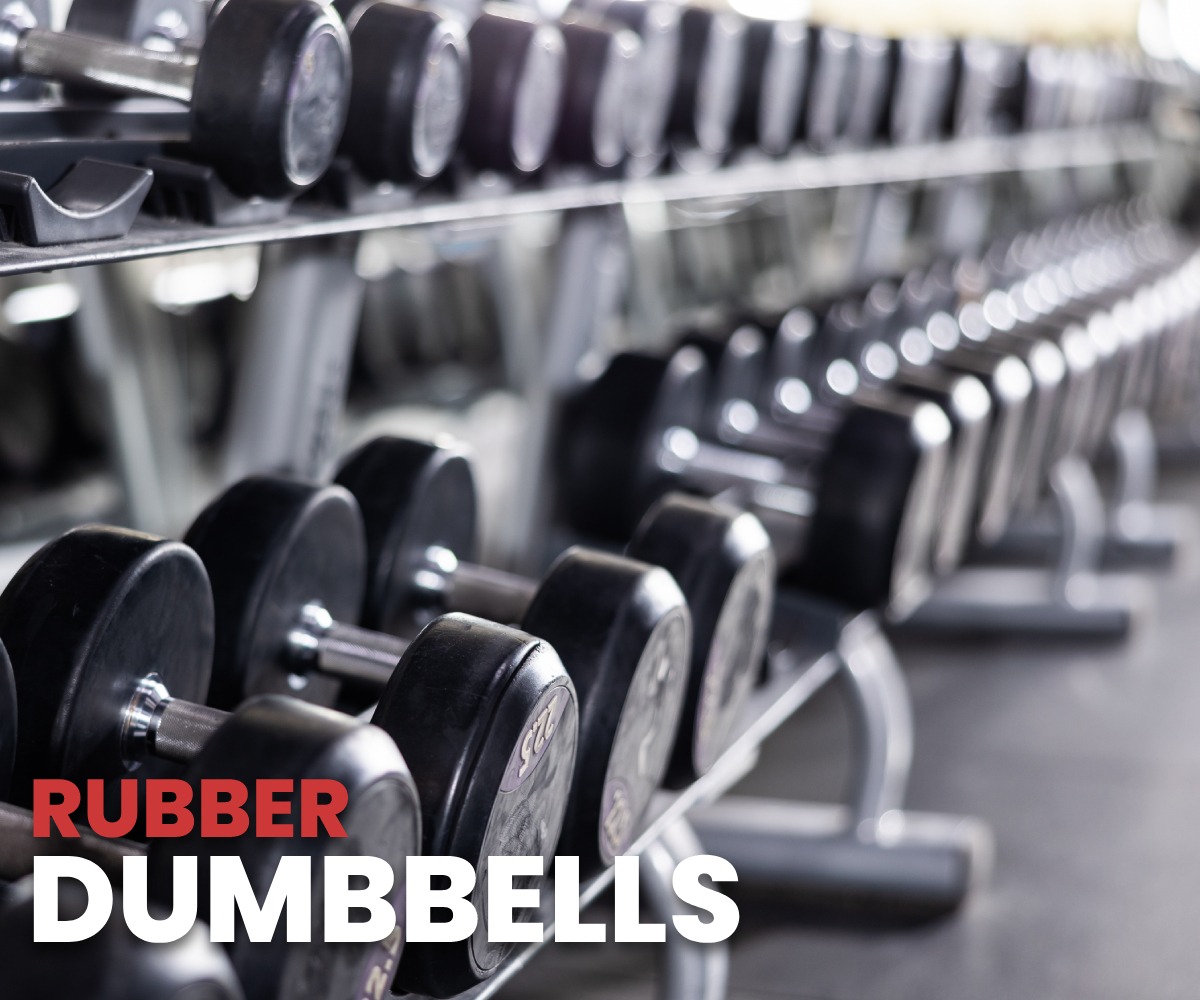
Rubber Dumbbells are an excellent choice for both home and commercial gym use. Their rubber coating reduces noise, prevents floor damage, and offers a comfortable, secure grip. They come in a variety of shapes, sizes, and colors, allowing customization for your fitness routine.
Advantages:

Urethane Dumbbells represent the pinnacle of design and functionality in weight training equipment. They have a hard-wearing urethane coating that withstands vigorous workouts, resisting scratches, and scuffs. Urethane also retains its colour and sheen over time, keeping your dumbbells looking new for longer.
Advantages:
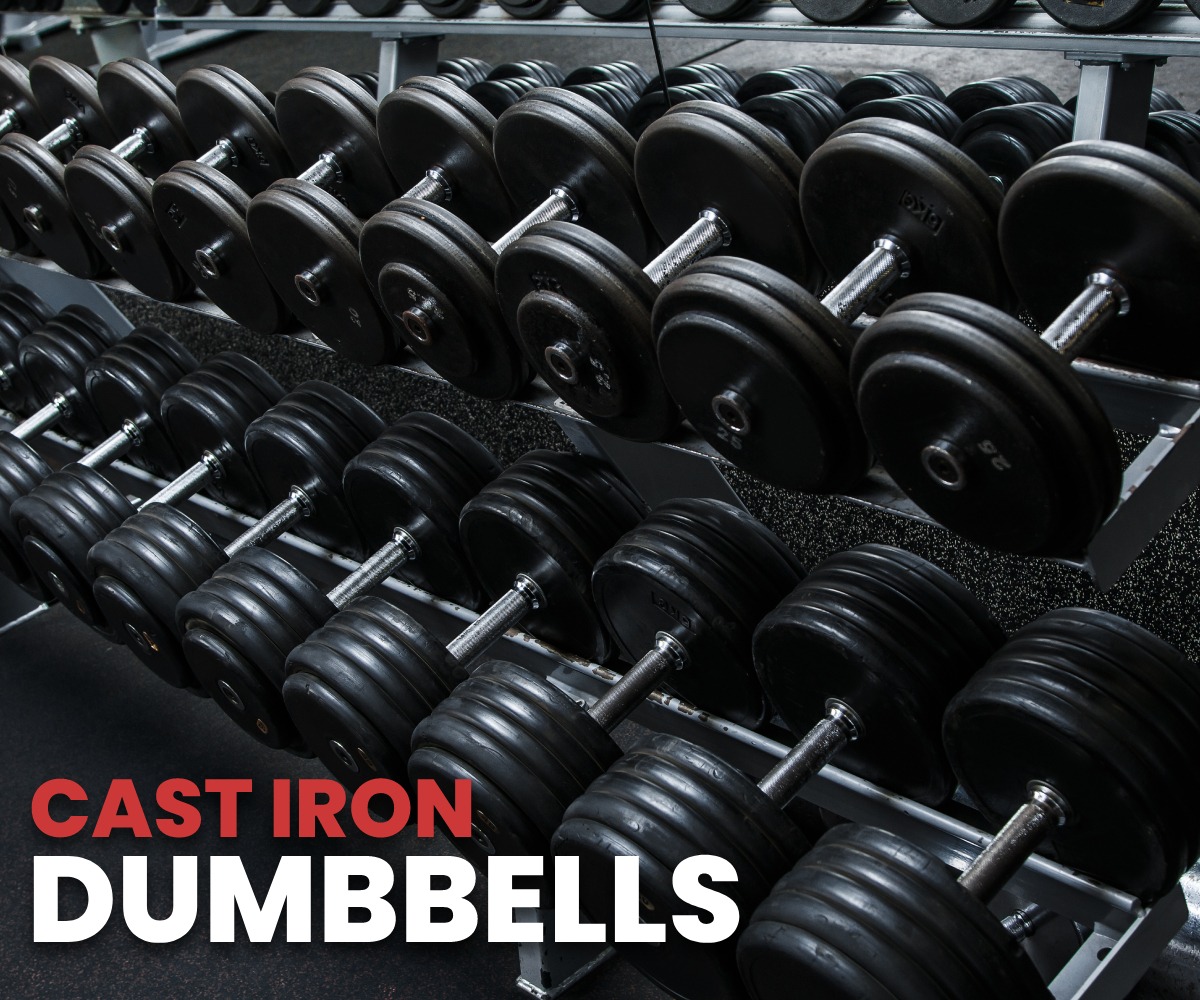
Cast Iron Dumbbells deliver a classic, raw workout experience. Known for their high durability, these dumbbells can last for decades with proper care. Their uncoated surface provides a robust grip, offering a traditional and authentic strength training experience.
Advantages:
Proper storage prolongs the lifespan of your dumbbells. They should be stored in a cool, dry place, preferably on a rack to prevent damage to the dumbbells or your floor.
Clean dumbbells regularly using a mild detergent and a damp cloth, then dry them thoroughly to prevent rust.
Regularly inspect your dumbbells for any sign of wear or damage. If you spot any, address it promptly to prevent further damage or potential injury.
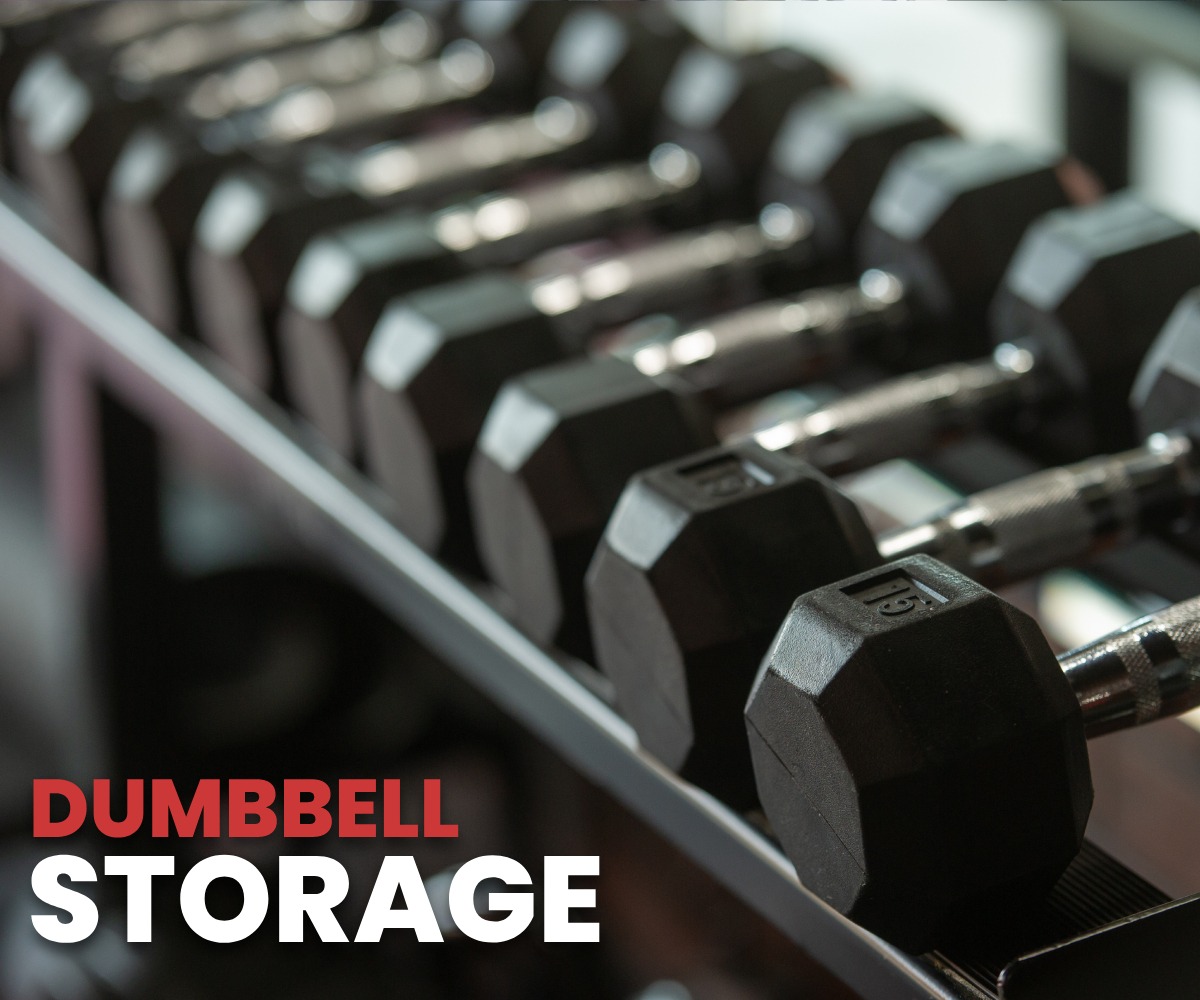

82 Roman Way Industrial Estate
Preston
PR2 5BE
United Kingdom
Registration Number: 3349377
VAT Number: 628894877